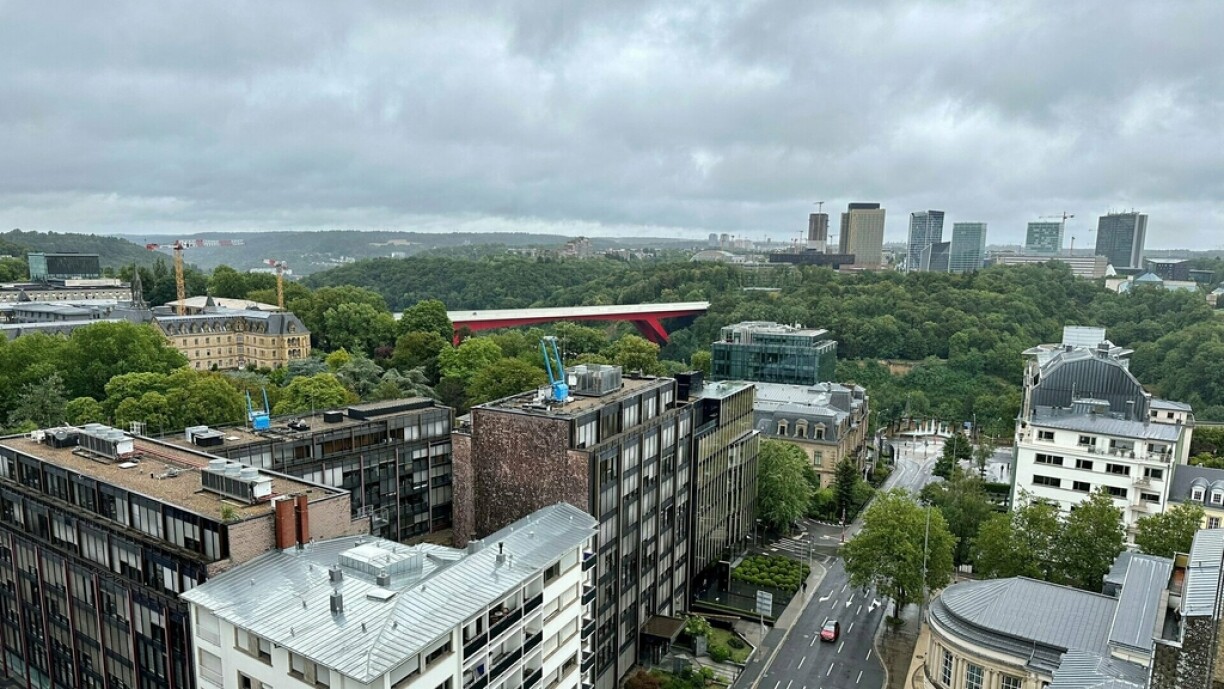
It feels like it’s been a particularly grey winter in the Grand Duchy. In fact, there have been record lows in hours of sunshine this February.
An RTL Today reader got in touch with us to ask why Luxembourg sees so many overcast days. Buck wrote:
“My family and I arrived in Luxembourg 7+ years ago from (sunny) California, with a year in London in between. We’d heard that the weather in London wasn’t great but, to our surprise, we found Luxembourg’s to be worse. The grey palate of winter in Luxembourg is ever present, seemingly due to near constant cloud cover, while in London the weather at least changes regularly.
Following a holiday a few years back, we were driving back from Frankfurt airport. Near Frankfurt it was sunny and we were hopeful for a corresponding nice day in Luxembourg. I recall ascending a long plane from Frankfurt where the weather changed and the cloud cover appeared. It got me wondering about how the topography of the region, along with the Gulf Stream, affects the weather in Luxembourg, but I’ve never been able to find a source to explain the various factors at play that result in our depressingly grey winter weather. I would be super grateful to have an explanation.”
We asked Luca Mathias from the national weather agency MeteoLux to explain.
“The more frequent fluctuations in weather experienced in London compared to Luxembourg during the cold season can likely be attributed to the more frequent passage of low-pressure systems along with their associated cold fronts.
This variability could also contribute to the marginally higher average sunshine duration observed in London during winter, which stands at 194.9 hours compared to 173.4 hours at Luxembourg-Findel Airport (reference period: 1991-2020). However, for the ongoing winter season, below-average sunshine has been recorded at Findel, with only 103.4 hours from December 1, 2023, to February 20, 2024. February, still ongoing, may potentially witness the lowest sunshine and the highest average temperature observed since records began in 1947 at the airport.
In Luxembourg, long-lasting and extended low cloud cover, with or without precipitation, often arises due to quasi-stationary frontal boundaries, also known as “frontal waves,” and high-pressure systems that hinder the dissipation of abundant moisture near the surface, especially after significant precipitation events or when there is an increased moisture advection in lower levels. While topography plays a role, particularly in the formation of fog (= cloud on the ground), these two weather patterns may occur more frequently in the Grand Duchy compared to England.”
We hope that clears everything up - and that the skies clear up too!
If you have any question for us, write in to contenttoday@rtl.lu and we will try to answer it!